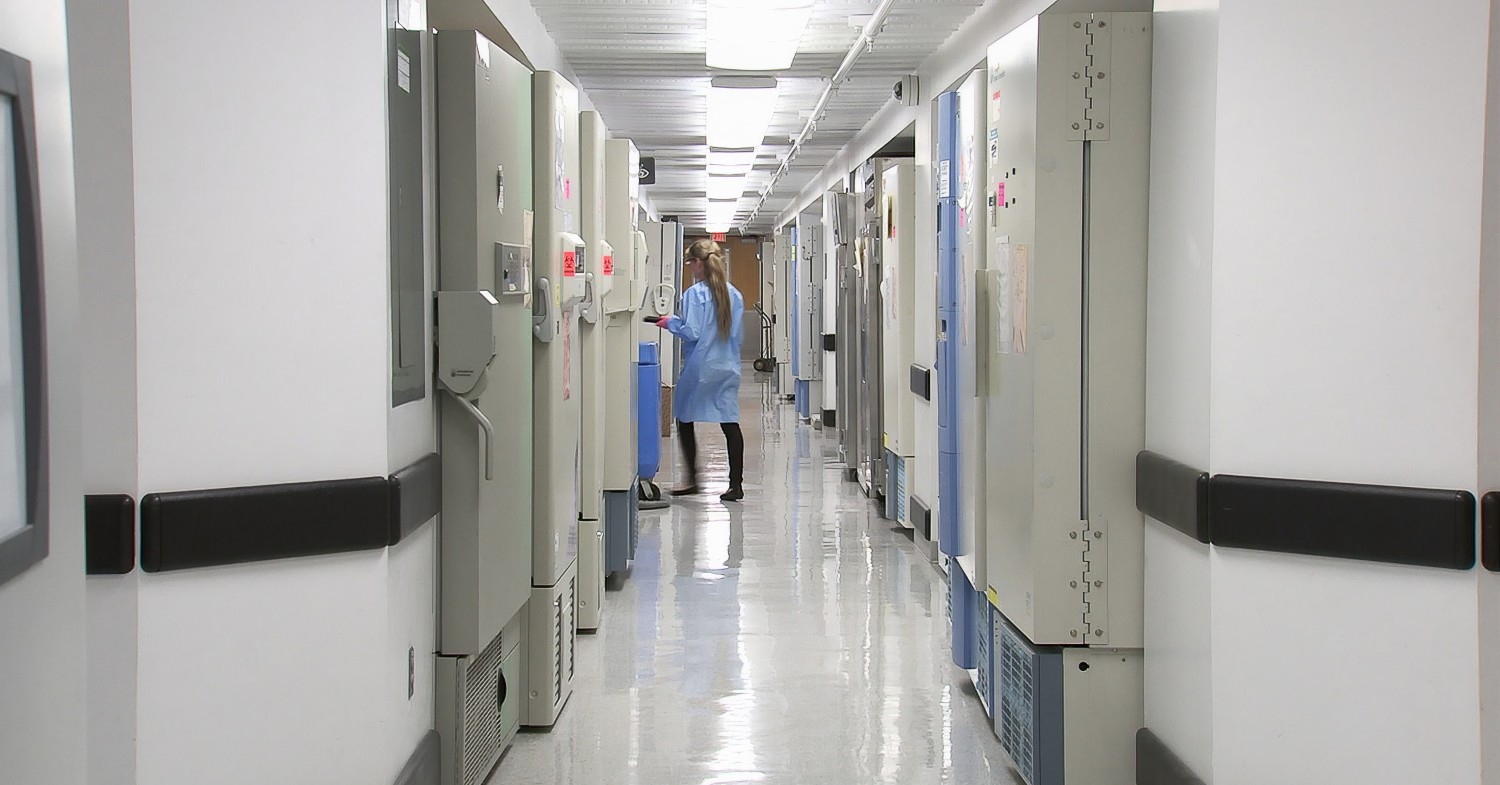
How to Become a Medical Social Worker
Medical social workers help clients at a variety of service [...]

As the US becomes more racially diverse, the demand for Spanish-speaking, culturally competent social workers will increase. With this in mind, aspiring social workers may want to consider pursuing a bilingual MSW degree or enrolling in an MSW program with a practice concentration in Hispanic/Latino populations.
According to the US Census Bureau, over the next several decades the United States will grow ever more racially diverse, with whites comprising less than half of the nation’s population by 2045. These shifting demographics will include an increasing number of Spanish-speaking Americans.
Census Bureau data indicate that approximately 13 percent of American residents speak Spanish primarily or exclusively at home. According to Forbes, if current trends continue, “by 2050, one in three people in the US will speak Spanish.” Will the nation’s social workers, mental health providers, physicians, and medical specialists be prepared?
Language fluency represents just the tip of the iceberg here. A greater number of social workers in the US also will need Hispanic/Latino cultural competency skills to recognize differences in customs and traditions and address barriers to care. For example, the American social welfare system’s emphasis on the individual can conflict with the family-focused concerns of Spanish-speaking populations—and impact the effectiveness of interventions and treatment programs if these differences aren’t understood and addressed.
Cultural competency is one of the pillars of social work and a core value of the National Association of Social Workers (NASW) Code of Ethics. Language is key to this cultural competency. Being able to easily communicate and understand a client enables the social worker to fully evaluate their needs and identify interventions and human services programs that can help improve their quality of life.
As the demand for Spanish-speaking, culturally competent social workers is likely to increase in the coming years, anyone thinking about entering this field may want to consider a bilingual Master of Social Work (MSW) or enrolling in an MSW program with a practice concentration in Hispanic/Latino populations.
There are three bilingual or Hispanic/Latino concentration MSW programs in the US, a number that should grow in coming years.
Loyola University Chicago offers a full-time, online bilingual master’s in social work which can be completed in eight consecutive semesters. As the first clinical social work program of its kind in the mainland US, Loyola equips social work students with the skills and knowledge to address the unmet integrated mental health needs of Latinx populations. Note, applicants to this program must be fluent in both English and Spanish.
New Mexico Highlands University is one of the only schools offering an MSW with a bilingual/bicultural program concentration. Their MSW degree can be pursued (full or part-time) at four locations in the state: Albuquerque, Farmington, Roswell, and Santa Fe. The school also offers an online MSW with a focus on clinical practice with Hispanic/Latinx communities. Highlands is developing an exchange program to allow students a unique international cultural and linguistic immersion experience.
Our Lady of the Lake University in Texas offers the only online MSW and online dual MBA/MSW with practice concentrations in Hispanic/Latino children and families in the United States.
There are additional avenues for building on a master’s degree and improving your linguistic and cultural competency for Spanish-speaking clients. For instance, one can pursue a certificate in bilingual or Latinx social work.
In New York, Adelphi University offers a post-master’s bilingual certificate program. The University of Central Florida has developed something similar with its Spanish for Social Workers Certificate earned through a combination of courses in both its College of Arts and Humanities and College of Health Professions and Sciences.
The University of Denver offers a certificate in Latinx Social Work that is completed concurrently with their MSW program. As well, the Universidad Nacional Autónoma de México en Chicago (UNAM Chicago) also offers a course in Spanish for social workers specifically geared toward working in schools, businesses, hospitals, social services departments, and agencies.
The University of Texas at Austin offers a Spanish field immersion course, as does New Mexico Highlands University. The University of Kansas has a bilingual study abroad program that offers one and two-month-long immersion trips in partnership with Universidad de Costa Rica in San Jose. Students earn credits in both Spanish and social work.
| University and Program Name | Learn More |
|
Virginia Commonwealth University:
Online Master of Social Work
|
A social work master’s is a graduate-level degree program leading to state credentials and licensure. An MSW is required for clinical social work practice in the United States. All master’s in social work degree programs must be accredited by the Council on Social Work Education (CSWE), the sole accrediting agency for social work in the US.
A traditional full-time, on-campus graduate program like an MSW typically takes two years to complete. Many schools offer part-time options, as well as online and hybrid programs.
You can pick up the pace through an accelerated program, which allows you to graduate in as little as 18 months. If you have already earned a bachelor’s degree in social work (BSW), consider applying to an advanced standing program (like the ones at Tulane University and Virginia Commonwealth University) where some of your undergraduate credits are applied toward your master’s degree, saving you both time and money.
Admissions requirements and prerequisites are program-specific, so you’ll need to research each school’s list when you apply. Some are exacting, especially with regard to language mastery. Spanish-language proficiency is obviously a prerequisite for any bilingual MSW program.
Generally, you’ll need to provide an undergraduate transcript (with a minimum 3.0 GPA), a resume of work experience in the field, letters of recommendation, and a letter of intent outlining a clear commitment to social justice and human rights. Some schools require GRE scores if your undergraduate GPA is below a 3.0.
Curriculum is program-specific, but students can expect to study the NASW Code of Ethics and the values of social work, social work theory, cultural competency, racism and gender bias in healthcare, substance abuse, individual and family therapy, and micro, mezzo, and macro levels of social work. All accredited social work programs include field placements.
Spanish proficiency and a bilingual master’s is just one of many available specializations. Others focus on clinical work, criminal justice, child welfare, program development, advocacy, disaster response, violence and trauma, behavioral health, and more.
Top MSW programs can be found at:
Questions or feedback? Email editor@noodle.com

Medical social workers help clients at a variety of service [...]

If your goal is to pursue a Doctor of Pharmacy [...]

The demand for pharmacists is projected to decline slightly in [...]

Pharmacists may be the unsung heroes of patient healthcare, providing [...]

If you enroll in a teacher residency program in California, [...]
Categorized as: Social Work, Social Work & Counseling & Psychology